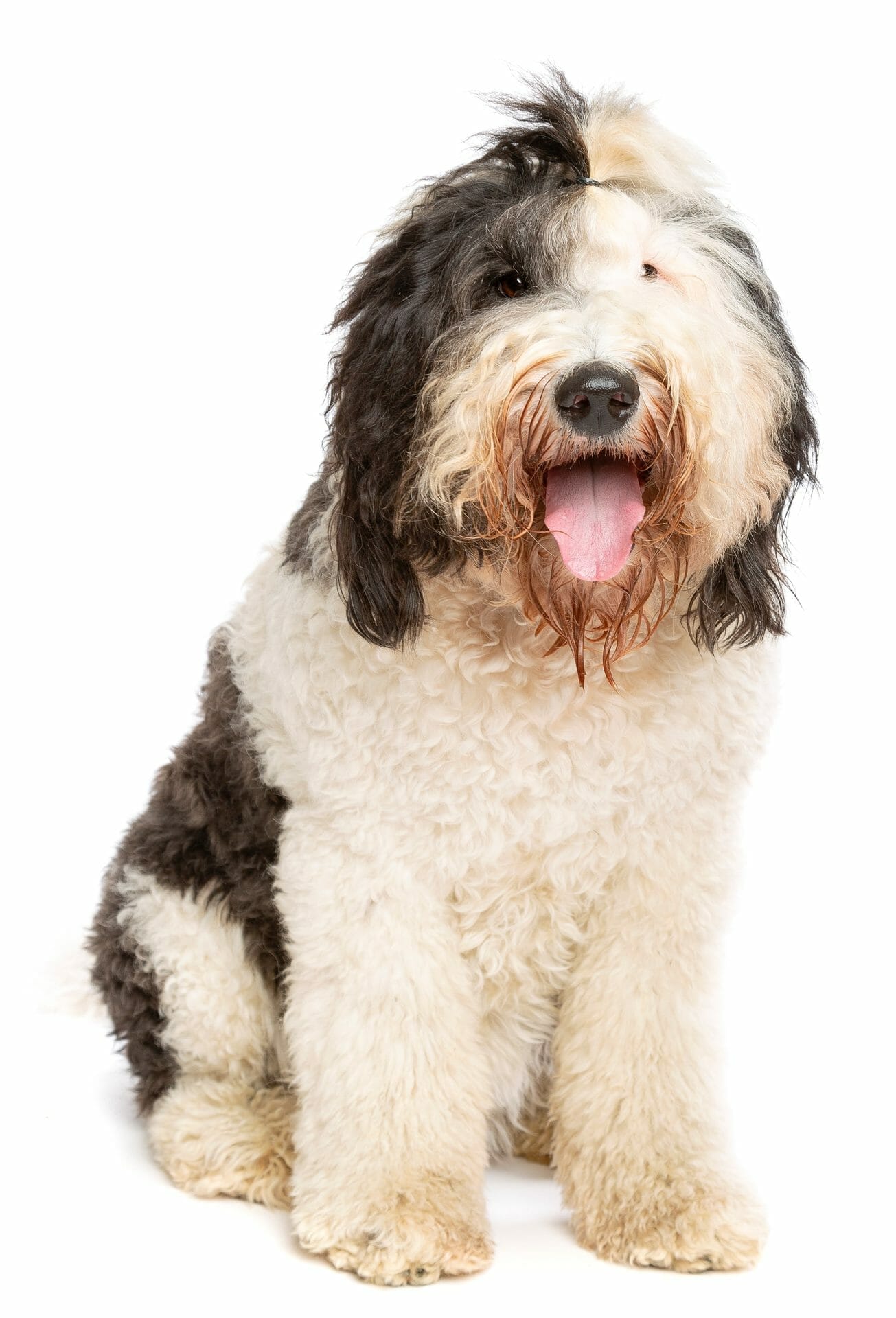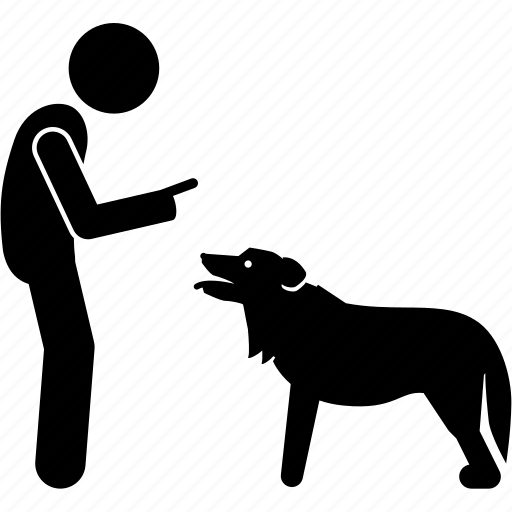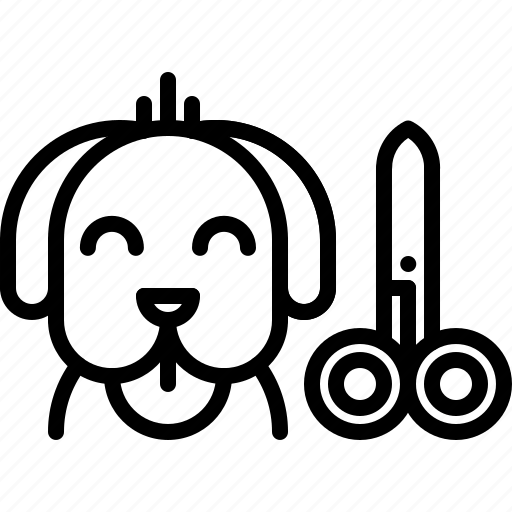Sheepadoodle
The Sheepadoodle is an intelligent and loyal hybrid dog that makes a great family pet due to its affectionate nature. They require regular exercise and mental stimulation in order to stay happy and healthy, so owners should be prepared for a high-energy breed.

Standard Poodle


Old English Sheepdog



Lifespan:
10-15 years

Height:
18-22 inches

Weight:
50-65 pounds

Breed Overview
- The Sheepadoodle is a hybrid dog breed, created by crossing an Old English Sheepdog with a Standard Poodle.
- Their coats are usually low maintenance and require minimal brushing or trimming every 6-8 weeks to keep them looking neat and tidy.
- They have round eyes with black rims and black noses, and their coats can be white, cream, black, brown, or gray in color.
- Despite their large size, the Sheepadoodle is considered relatively low shedding compared to other breeds of similar size.
- They have 38 adult teeth which should be brushed regularly with veterinarian-approved toothpaste to ensure good oral health.
Adaptability:

environment:
Sheepadoodles do best in homes with moderate climates and plenty of space to run and play. They need regular exercise and should not be kept in small apartments or other confined areas.

Owner Experience:
Experienced owners are best for the Sheepadoodle due to their size, intelligence, strong-willed nature, and energy level. Though they can be trained with patience and consistency from an early age, it is important to provide them with consistent rules in order for them to learn boundaries and respect.

Weather Tolerance:
Sheepadoodles are able to tolerate most climates, but they prefer moderate temperatures and should not be left in extreme heat or cold for extended periods of time.
Health:

Common Issues:
The Sheepadoodle is generally a healthy breed, but they can be prone to some health issues such as Hip dysplasia, bloat, obesity, eye problems, and ear infections.

Teeth care:
The Sheepadoodle has 38 adult teeth which should be brushed regularly with veterinarian-approved toothpaste.

Shedding:
The Sheepadoodle is considered a low-shedding breed and will shed moderately throughout the year. It is important to brush their coat regularly to reduce the amount of fur that can accumulate in the home.
Behavior:

Trainability
Sheepadoodles are intelligent and eager to please, making them easy to train when given consistent rules and direction. They respond best to positive reinforcement and treats when learning new commands or behaviors.

Pet Friendly:
Sheepadoodles are known for their affectionate, loyal, and friendly nature. They get along with other animals but should be supervised when playing as they can become over-excited easily.

Activity Level:
The Sheepadoodle is a high-energy dog that needs plenty of exercise and mental stimulation to stay happy and healthy. Owners should provide them with at least 45 minutes of daily activity in the form of walks, playtime, or runs off leash in an enclosed area.
Coat:

Density:
The Sheepadoodle has a thick double coat that is made up of a soft undercoat and a wiry topcoat.

Length:
Typically the length of their coat ranges from short to medium, depending on the genes inherited from the parent breeds.

Type:
The Sheepadoodle’s coat is considered hypoallergenic as it does not shed much fur.
Grooming:

Bathing:
Bathe the Sheepadoodle as needed, and use a mild, veterinarian-approved shampoo to avoid drying out their skin or fur.

Haircut:
The Sheepadoodle’s coat is low maintenance and a quick brushing or trimming every 6-8 weeks will help keep the coat neat and tidy.

Brushing:
Brush the Sheepadoodle at least twice a week using a metal comb or slicker brush. They may also benefit from regular professional grooming to keep their coats healthy and tangle-free.
Colors Possibilities:

Eyes:
The sheepadoodle’s eyes can range from light brown to black.

Nose:
The Sheepadoodle’s nose is typically black.
.

Coat:
The Sheepadoodle’s coat can be white, cream, black, brown or gray in color.
1. The Sheepadoodle is generally a healthy breed but they can be prone to some health problems such as hip dysplasia, bloat, obesity, or other genetic disorders.
2. They have 38 adult teeth which should be brushed regularly with veterinarian-approved toothpaste to ensure good oral health.
3. Regular veterinary checkups are essential for identifying any potential health issues early on.
4. Owners should feed their Sheepadoodle high-quality dog food meant for large breed dogs in order to ensure proper nutrition.
5. Exercising your Sheepadoodle daily is important for their overall health, as it will keep them active and help them maintain a healthy weight. They should have at least 45 minutes of activity on a daily basis in the form of walks, playtime, or runs off leash in an enclosed area. This can also help prevent behavioral problems from developing due to boredom or lack of stimulation.
1. Sheepadoodles should be fed high-quality dog food meant for large breed dogs to ensure they get the necessary nutrition.
2. They should have regular meals, with no more than 2-3 cups of food per day divided into two separate meals.
3. Owners should avoid foods that are high in fat or sugar as these can lead to obesity and other health issues.
4. Treats are fine but they should only make up 10% of your Sheepadoodle’s daily calorie intake, so owners must choose healthy options whenever possible.
5. Fresh water must always be available for your Sheepadoodle; it’s best to change out their water at least twice a day to ensure it is clean and free of bacteria. All food bowls should also be cleaned after each meal.
1. Sheepadoodles are highly intelligent and eager to please, making them easy to train when provided with consistent rules and direction.
2. They respond best to positive reinforcement such as praise or treats when learning new commands or behaviors.
3. Owners should provide their Sheepadoodle with at least 45 minutes of daily activity in the form of walks, playtime, or runs off leash in an enclosed area for optimum health and happiness.
4. Training sessions should be kept short (10-15 minutes) but frequent throughout the week in order to reinforce good behaviors more efficiently.
5. Socialization is also important for a Sheepadoodle’s training, so owners should introduce them to other animals and people at an early age. This will help them become more comfortable with different sights, sounds, and experiences. Doing so can also prevent potential behavioral issues from developing in the future.
